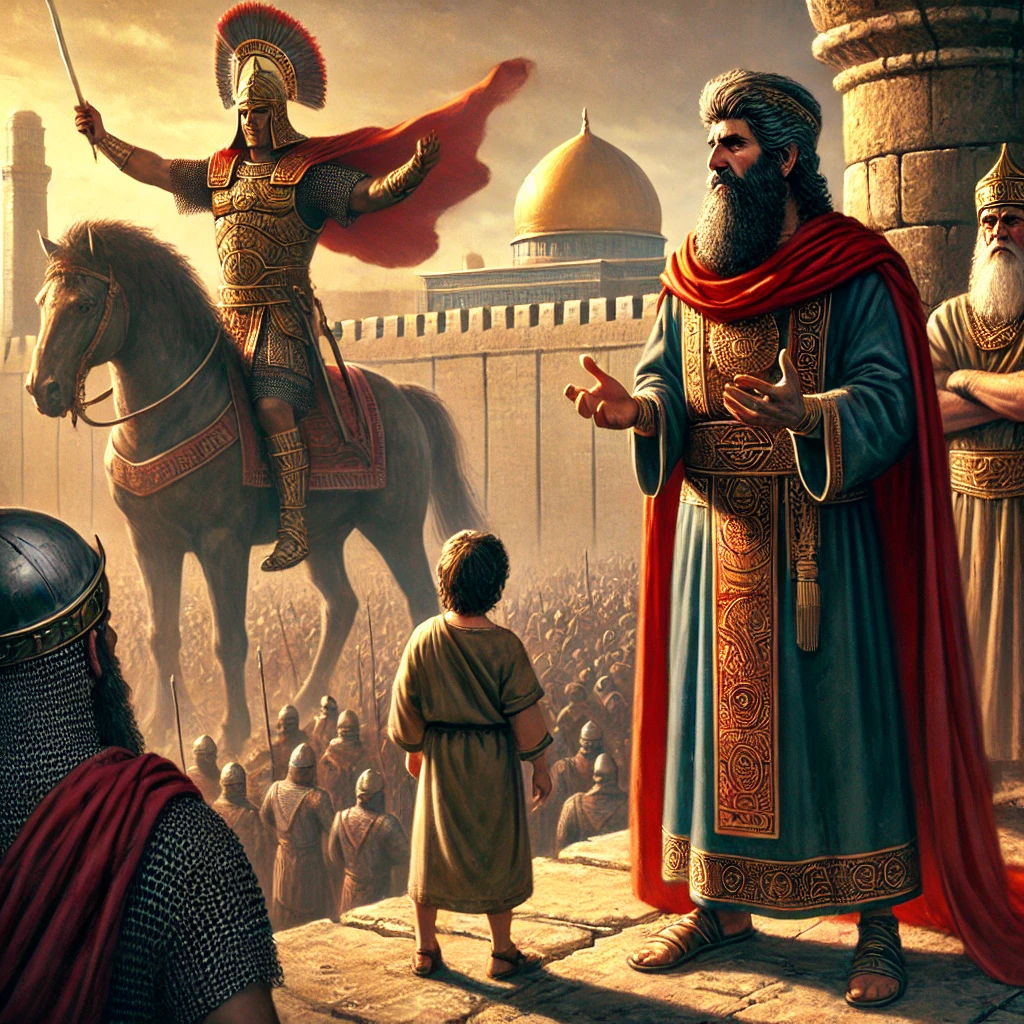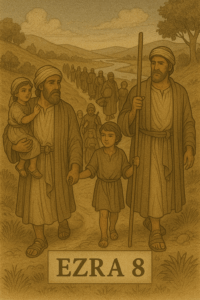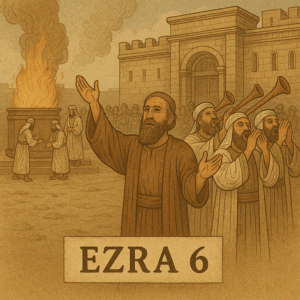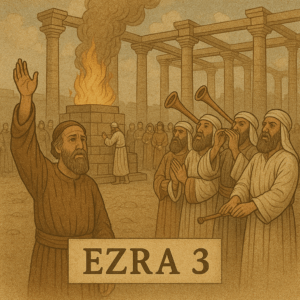The eighteenth chapter of 2 Kings introduces us to King Hezekiah, one of Judah’s most faithful kings. His reign stands in stark contrast to the unfaithfulness of his predecessors, as he leads Judah in trusting God during a time of great crisis. This chapter offers powerful lessons on faith, prayer, and the importance of standing firm in God’s promises.
- Hezekiah’s Faithful Leadership
Context:
Hezekiah becomes king of Judah at 25 and reigns for 29 years. Unlike his father Ahaz, Hezekiah does what is right in the eyes of the Lord, removing idolatrous practices and restoring true worship (2 Kings 18:1-6).
Key Reforms:
- Destroying Idols: Hezekiah tears down the high places, smashes sacred stones, and cuts down the Asherah poles.
- Trusting in God: The Bible highlights that Hezekiah “held fast to the Lord” and “kept the commands the Lord had given Moses” (2 Kings 18:6).
Lessons:
- Faithfulness Brings Blessing: Hezekiah’s obedience leads to prosperity and protection for Judah.
- The Power of Reform: True change begins with removing what dishonors God and restoring what honors Him.
- The Assyrian Threat: A Test of Faith
The Crisis:
During Hezekiah’s reign, Assyria, the dominant superpower, invades Judah. King Sennacherib captures several fortified cities and demands Jerusalem’s surrender (2 Kings 18:13-16).
Hezekiah’s Response:
Hezekiah initially tries to appease Assyria by paying tribute, but when Sennacherib demands complete submission, Hezekiah turns to God for help (2 Kings 18:14-16, 19:1).
Lessons:
- Trusting God in Crisis: Hezekiah’s reliance on God, rather than human alliances, sets an example for us in difficult times.
- The Limits of Human Solutions: While Hezekiah’s tribute buys time, it cannot solve the deeper problem—only God can.
- The Rabshakeh’s Taunts: Standing Firm in Faith
The Psychological Warfare:
Sennacherib sends his field commander, the Rabshakeh, to intimidate Jerusalem. The Rabshakeh mocks Hezekiah’s faith, questions God’s power, and tries to demoralize the people (2 Kings 18:17-37).
Hezekiah’s Courage:
Despite the threats, Hezekiah refuses to surrender. Instead, he seeks counsel from the prophet Isaiah and prays for God’s intervention (2 Kings 19:1-7).
Lessons:
- Standing Firm in Faith: Hezekiah’s refusal to be swayed by fear or intimidation shows the importance of trusting God’s promises.
- The Power of Prayer: Hezekiah’s immediate response to crisis is prayer, a model for us in times of trouble.
Key Themes in 2 Kings 18
- Faithfulness to God: Hezekiah’s reforms and trust in God set him apart as a righteous leader.
- Trusting God in Crisis: When faced with overwhelming odds, Hezekiah turns to God rather than relying on human strength.
- The Power of Prayer: Hezekiah’s reliance on prayer demonstrates the importance of seeking God’s guidance in every situation.
How to Apply These Lessons Today
- Remove Idols in Your Life: Identify and eliminate anything that takes God’s place in your heart.
- Trust God in Difficult Times: When faced with challenges, turn to God first rather than relying on human solutions.
- Stand Firm in Faith: Don’t be swayed by fear or intimidation—hold fast to God’s promises.
- Pray Without Ceasing: Make prayer your first response in times of crisis.
Conclusion
2 Kings 18 is a powerful chapter that highlights the importance of faithfulness, trust, and prayer. Through Hezekiah’s example, we learn how to navigate crises with faith and courage. Let this story inspire you to remove idols from your life, trust God in every situation, and stand firm in His promises.




